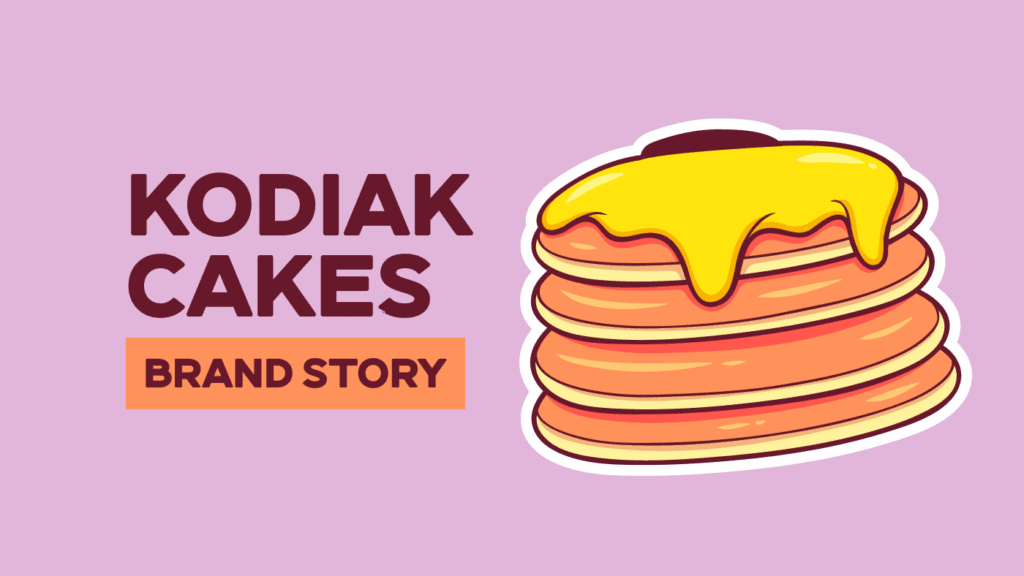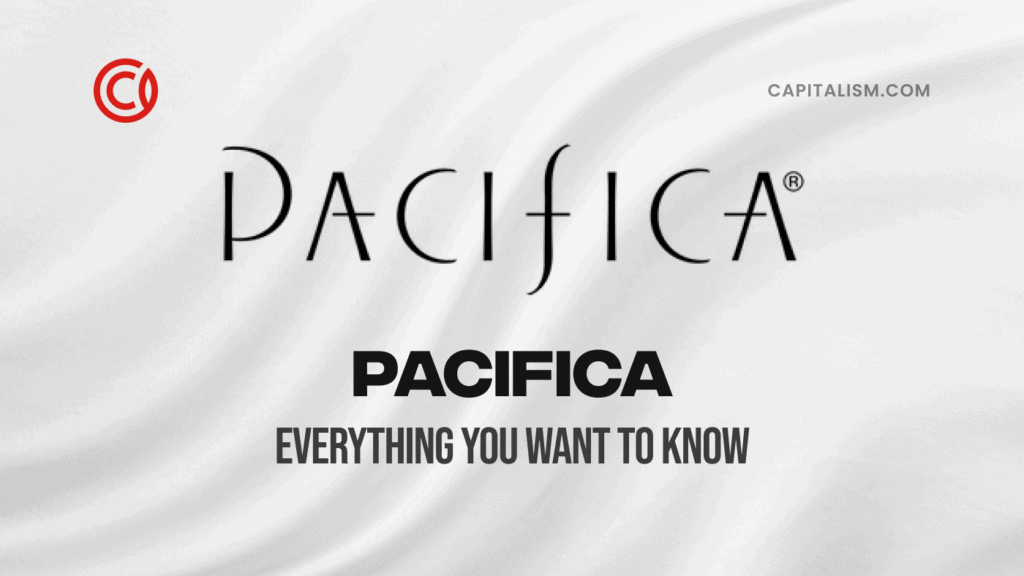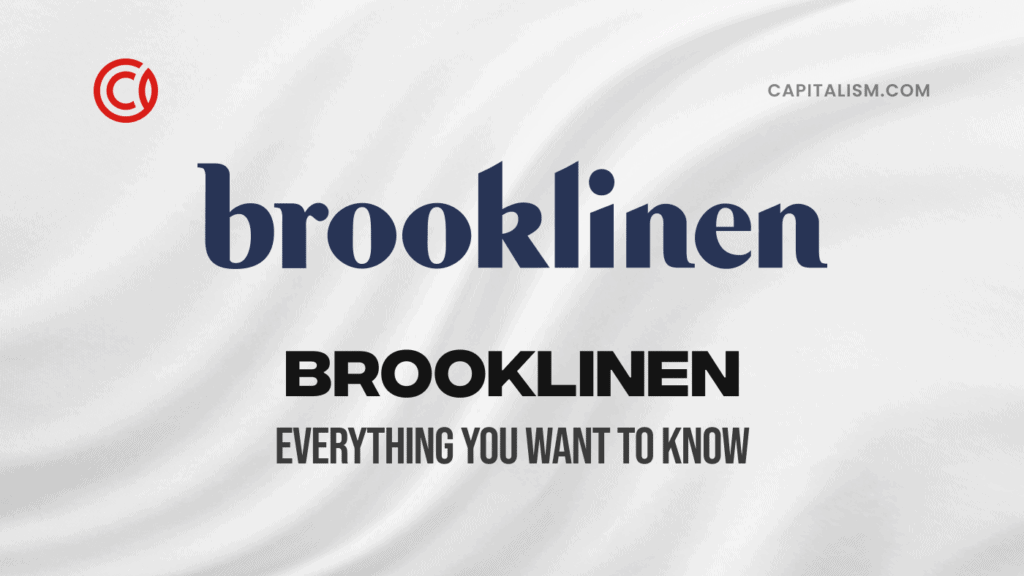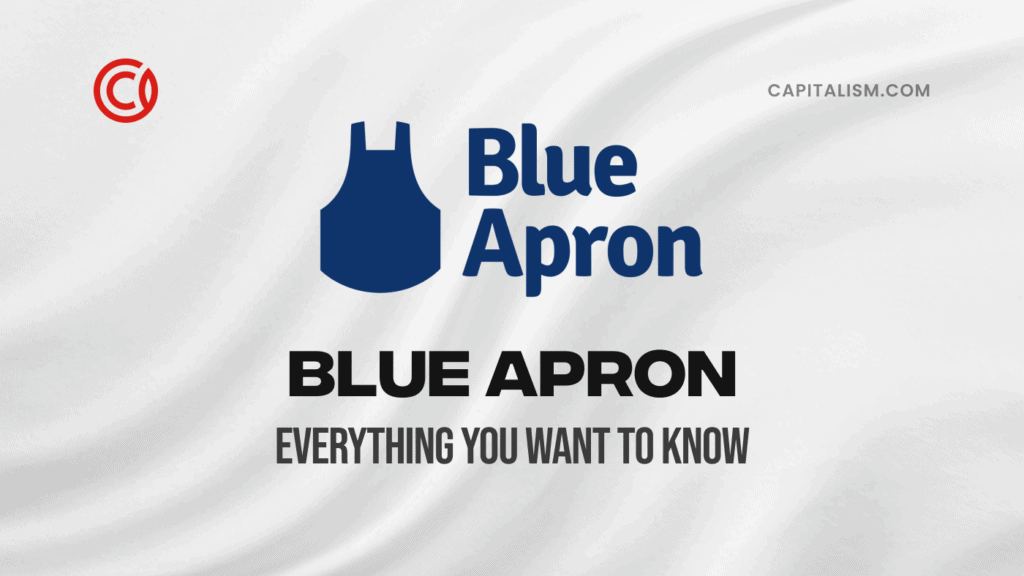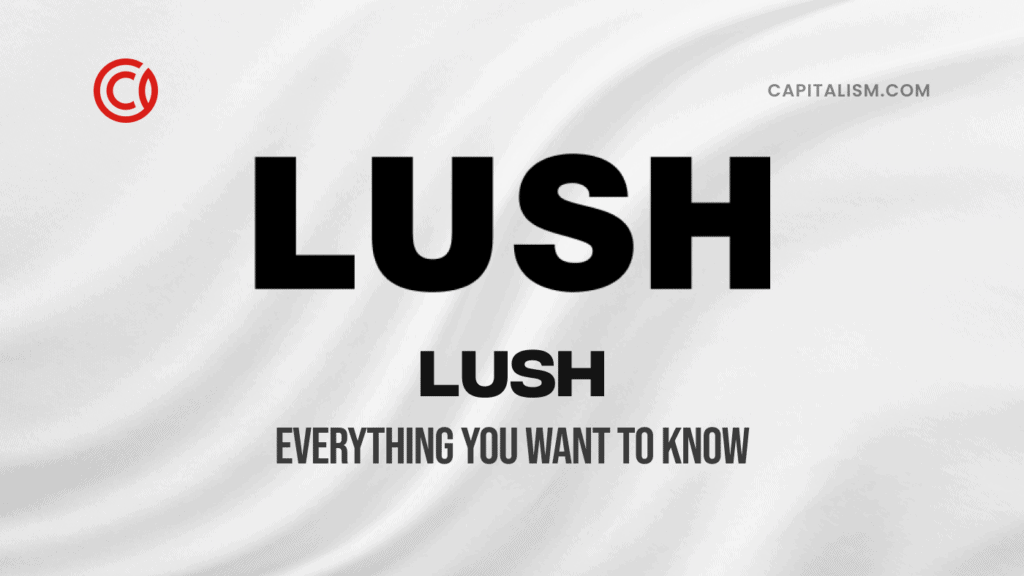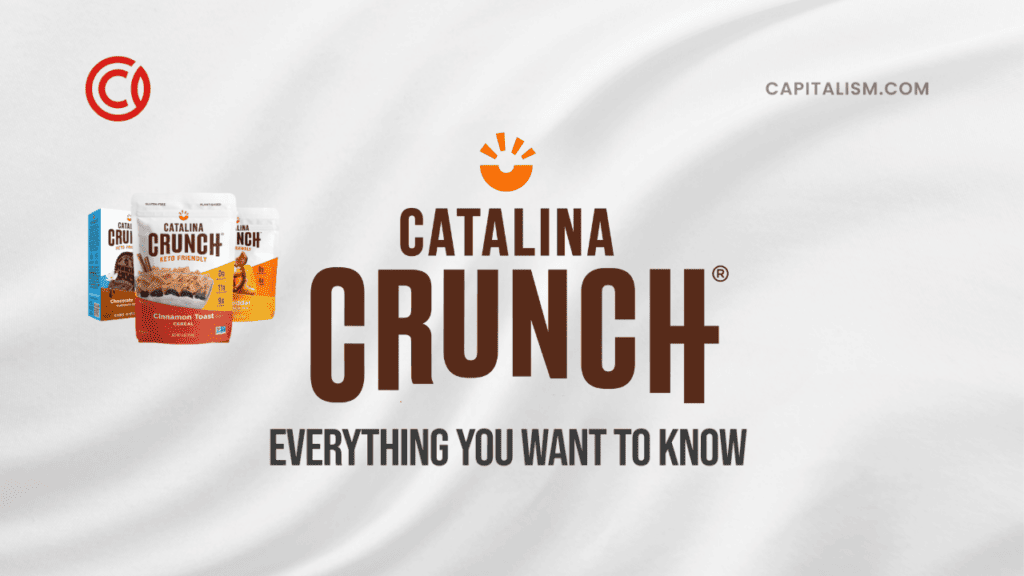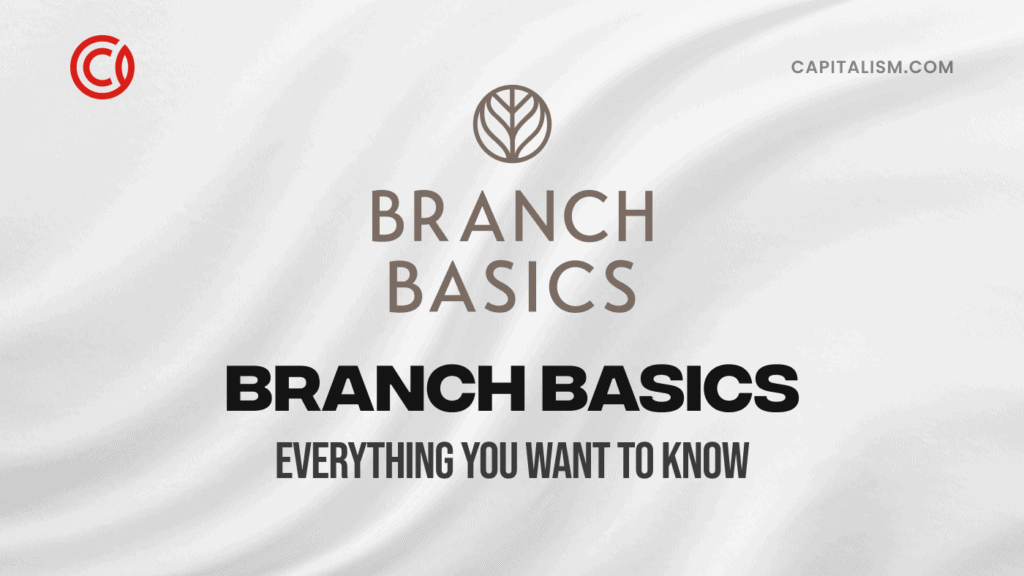Joel Clark, the co-founder of Kodiak Cakes, was barely making ends meet with his Kodiak pancakes business. He borrowed $35,000 to keep his company alive, spoke with a bankruptcy attorney several times about his options, worked several side hustles for extra cash, and briefly left his Kodiak Cakes CEO post. But a great spirit, a new recipe, an appearance on Shark Tank, and rejection transformed his struggling startup into a $300 million business. Let’s learn how Joel transformed his Kodiak Cakes business.
Kodiak Cakes Profile
- Business name: Kodiak Cakes, LLC.
- Industry: Consumer Staple Products
- Founder: Jon Clark and Joel Clark
- Year founded: 1995
- Current CEO: Joel Clark
- Headquarters: Park City, Utah
- Kodiak Cakes Net Worth: $160 million
- Annual revenue: $300 million (in 2022)
- Website: www.kodiakcakes.com
Kodiak Cakes Description
Before over-processed nutrient-deprived wheat came to life, people consumed whole grains. Kodiak Cakes has kept this legacy by offering nourishing, protein-included, great-tasting whole-grain wheat pancakes, and waffle mixes.
Kodiak Cakes makes whole-grain breakfast pancake mixes conceived to inspire healthier breakfast eating, and active living. The cakes are made from whole grains, free of fats, sugar, and preservatives, allowing consumers to get pancakes rich in fiber, protein, and antioxidants.
Kodiak Cakes is best known for its brand of protein pancake mix, and Power Cakes, which is their highest protein pancake mix. But, it offers a wide range of pancake mixes, including flapjack waffles, granola muffins, brownie mixes, oatmeal, granola protein bars, gourmet syrups, and more.
The Story Behind Kodiak Pancake Mix
Kodiak pancakes began with a family recipe and a little red wagon back in the 80s in Salt Lake City, emphasizing healthy eating. Little did they know it would become a $300 million business.
The Beginning of Kodiak Pancake
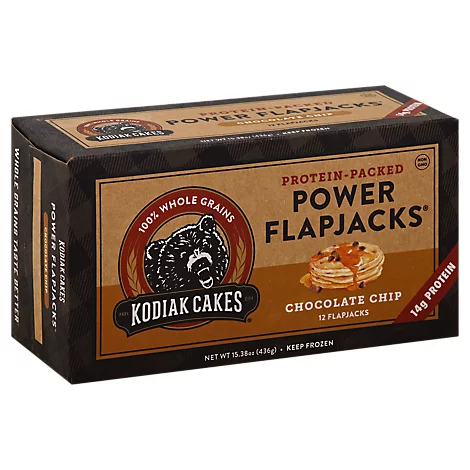
It all began with a whole-grain flapjack recipe created by Joel Clark’s grandfather. This family recipe was passed down to Joel’s mother, Penny, who raised Joel, and his 4 older brothers on those whole-grain flapjacks.
But, Kodiak Cakes’ real birth wasn’t until 1982 when Joel was 8 years old. Penny decided to package the cakes and have Joel sell them with a handwritten recipe in the neighborhood. Joel used a little red wagon as his transport.
Turning Kodiak Pancake Into A Family Business
In 1994 summer, Jon, Joel’s older brother registered Kodiak Cakes as a business, encouraged by his mother, Penny.
His idea was to make the pancake mix convenient — “add water only mix” to make it ready. He experimented with different ingredients, sending samples to family and friends to create the right pancake mix, and launched Kodiak Cakes in 1995.
Jon and Joel sold the mix to local gift shops and stores hitting ski towns like Park City, Jackson, Utah, Wyoming, Idaho, and Sun Valley. Kodiak made around $60,000 in the first two years.
In 1997, Jon, 30, moved on and left the company to Joel.
Kodiak Cakes Struggles, And No Money
Joel and Kodiak had an incredible money struggle for the next several years. To keep the company afloat, Joel worked some side hustles, sold cars, flipped a piece of land, and started a retail cookie business, which became a disaster. Joel almost declared bankruptcy several times. His saving grace came in 2000 when their neighbor gave him $13,000.
With some profit, Joel quit his job in 2004 to run Kodiak Cakes full-time with his father, Richard who had just come out of retirement at 65 years. That year, Kodiak Cakes made $150,000 in revenue.
In 2008, after several losses, Joel gave Kodiak Cakes to another company to run as he took a job. But he took it back the same year in December.
Better Days for Kodiak
In 2009, Joel obtained a $35,000 investment in Kodiak Cakes from a local businessman. He hired Cameron Smith, a 24-year-old fresh college graduate, as COO to lead the sales and marketing.
In 2010, with a few sales and increased revenue, Joel repaid the generous neighbor $13,000 plus a $500 thank-you gift card.
Together, over the next 3 years, Joel and Cameron helped Kodiak cakes reach $3.5 million in sales in 2013.
Expanding Kodiak to Grocery Stores
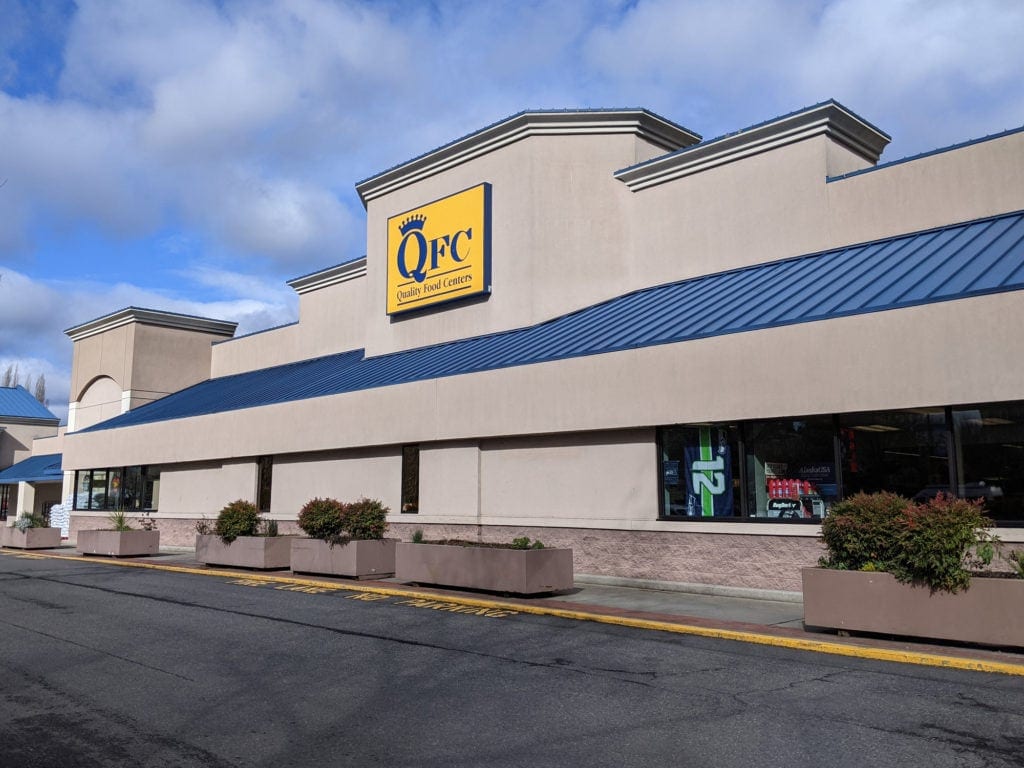
Joel and Cameron worked on getting into grocery stores. So, Joel cold-called different stores and managed to get through some grocery stores around Salt Lake City, including Albertsons and Smith’s Grocery Store.
While Joel secured a deal with Safeway in 2004 to sell Kodiak Cakes in 1,200 locations, the deal peaked in 2009. Kodiak inadvertently oversold a promotion at Safeway, which cost $50,000. His father lent him the funds, which helped increase revenue. He paid it back within a year.
Joel and Cameron also tested Kodiak cake’s products through Costco roadshows. They got better success at the roadshows, and the store chain soon made room for Kodiak products on their shelves.
In 2012, Kodiak scored a first Target order for nationwide pancake distribution and needed $200,000. His father, now in his late 70s at the time, again lent him the money, which he repaid.
Shark Tank Pitch
Costco and Target were great milestones, and things started working out well for Kodiak. The company achieved a steady drip of success.
Joel and Cameron wanted to raise capital for the company to fund its growth. So they tried various marketing strategies.
In 2014, Cameron applied to Shark Tank, asking for $500,000 for 10% equity at a $5 million company valuation. The ambitious valuation was placed on the company’s Target, Safeway, and Costco presence. In two months, Kodiak got a response that they would appear in Shark Tank season 5 (episode 522).
The sharks’ counter offer was a lowball. Kevin O’Leary offered $500,000 for 50% equity, Barbara offered half the money for 20% and a split with Kevin, and Robert Herjavec offered the money for 35% ownership.
Joel and Cameron declined all three offers, believing the sharks undervalued their business.
How Kodiak attained a $300 Million Brand Valuation
Value, tradition, persistence, and risk helped Joel and Cameron land Kodiak in places and stores like Costco, Target, and ABC’s Shark Tank — and a $300 million valuation.
Here’s how they did it:
Building a Brand
The story of Kodiak Cakes is more than a pancake mix. It’s passion, entrepreneurship, and focus. Jon wanted the pancakes to reflect the “salt of the earth life” of his family in Utah. He designed Kodiak’s wholesome and rustic products, and his brother Joel spurred the idea. The brand took a long time to build, but it turned out to be a great brand. Kodiak Cakes offers alternative pancakes packaged as a healthier, higher-protein alternative, convenient with whole wheat, just-add-water formulation, and it’s natural. No other company provides that.
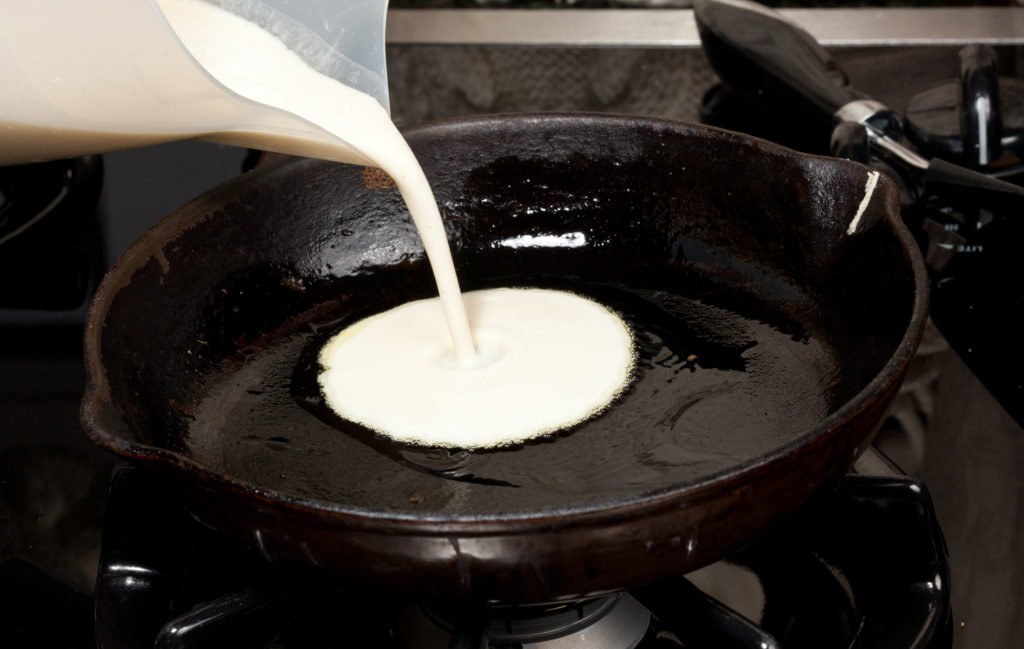
Sticking to Their Value Proposition
Kodiak left Shark Tank with no shark investment but something much better — fans and exposure. The company saw an immediate spike in sales.
So, six weeks after the Shark Tank in April 2014, Kodiak made $1 million in incremental revenue. Since they were already in Costco, Safeway, and Target stores, fans could easily get their pancake mix products off the shelf in their routine grocery run.
The company’s revenue doubled to $5 million the following year.
Innovation and Trends
In June 2014, Kodiak launched a great new product — Protein Power Cakes — made with 100% whole grains, non-GMO ingredients, and packed with 14 grams of protein per serving. This was different from its whole wheat pancake mix, which has about half that.
The protein powder cakes turned out to be the secret ingredient the company needed to capture bodybuilders’ and millennials’ attention, and taste. Fitness and high-protein diets were just gaining momentum, so people loved power cakes. Sales and revenue increased.
But before Power Cakes, Kodiak released two pancake mixes (a buttermilk and honey mix and a whole wheat, oat, and honey flapjack mix), one cookie mix, one brownie mix, and four muffin cups Power Cakes were their holy grail, a game-changer.
Increased Investment
As revenue increased, Kodiak began receiving outside investments after years of rejection.
In 2016, Joel and Cameron accepted an outside investment from Sunrise Strategic Partners as minority investors. With its experience, this firm helped Joel spur the brand to more growth.
In 2018, Joel estimated the Kodiak brand to generate $100 million in revenue.
Kodiak also increased the products in their brand to around 45 products, including Power cakes and cinnamon power waffles.
All Kodiak’s products are now available at Costco, Target, Amazon, Walmart, and KodiakCakes.com. Kodiak Cakes are a top-selling brand in Target’s pancake mix category, beating big brands like Aunt Jemima and Bisquick and Amazon’s fresh bakery breads category.
Kodiak Cakes FAQ
Who owns Kodiak Cakes?
Joel Clark is the co-founder and CEO of Kodiak Cakes. Initially, Jon Clark, Joel Clark’s older brother, owned Kodiak Cakes but sold it to Joel in 1997.
What is the net worth of Kodiak Cakes?
According to Business Insider, Kodiak did $160 million in annual sales in 2020 and an estimated $200 million in 2021. In 2022 the company is forecast to achieve a $300 million net worth.
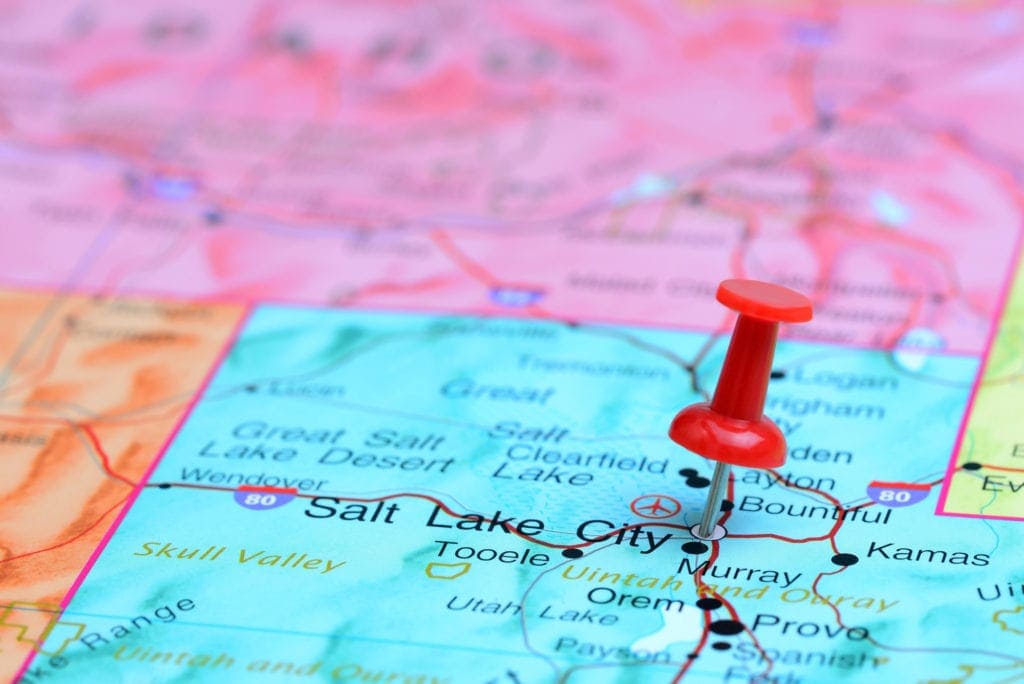
How did Kodiak do after Shark Tank?
At the time of their Shark Tank appearance, Kodiak was valued at around $5 million. They gained popularity from the Shark Tank show, increasing their sales and revenue to reach a $160 million value.
When was Kodiak Cakes on the Shark Tank?
Kodiak appeared on Shark Tank Season 5, Episode 22. The episode aired on April 4, 2014.
Where can I Get Kodiak Cakes?
Kodiak Cakes are available through KodiakCakes.com, Costco, Walmart, Amazon, Target, Safeway, and other online or in-store stores.
Takeaway
Kodiak Cakes’ rise is a result of combining focus, ambition, entrepreneurship, trends, and sticking to the company’s core values. Kodiak cakes offer a good alternative to whole grain, high quality, balanced, nutritious pancakes, and waffles.
Enthusiasm and ambition can take a business places, even with challenges. And now, decades later, after struggling to succeed and failing at the Shark Tank pitch, Kodiak Cakes is worth $300 million in revenue. We love this story because it’s a great example of perseverance over the long haul. But we also feel for Joel and Cameron because of all they’ve gone through on their journey. In the end, we can’t help but wonder what the brand’s story would have been if Joel had had coaching and guidance from the start… like what we do in the Capitalism Incubator. You can find out more about how we work with founders in the Incubator right here.
